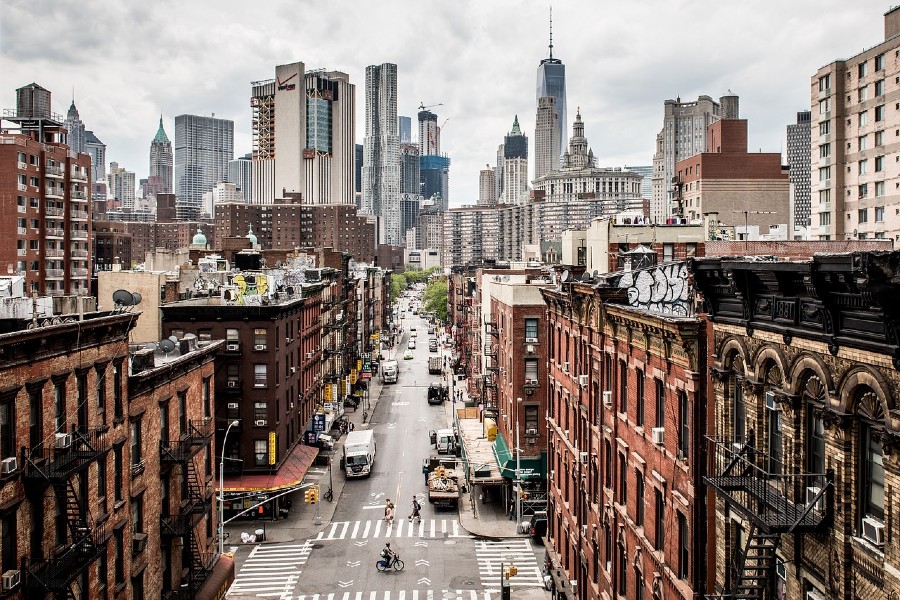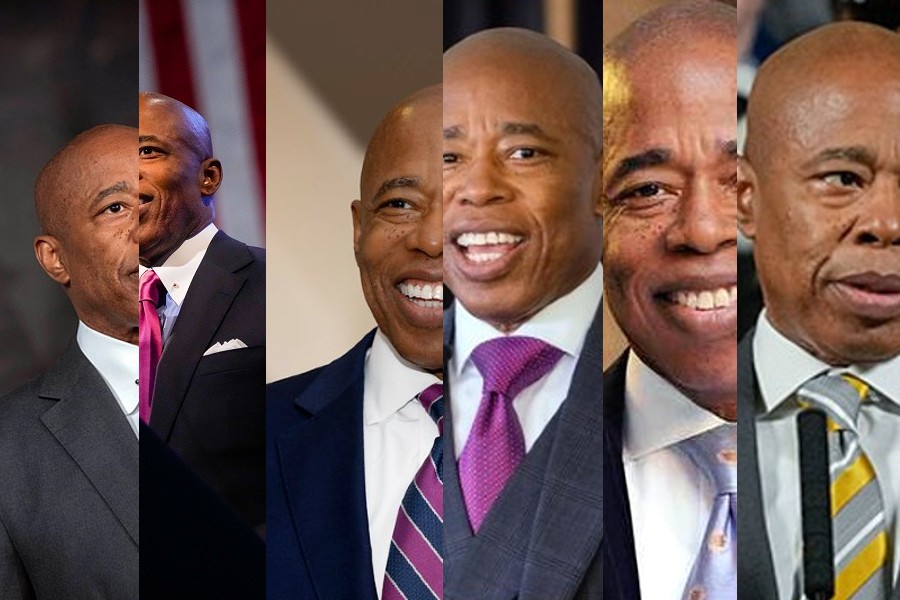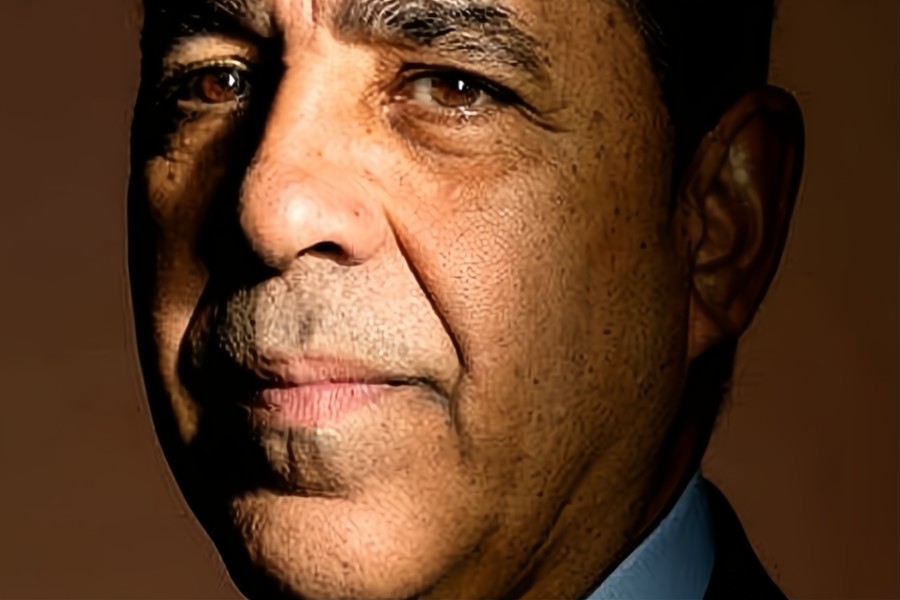
Today, the Mayor’s Office of Criminal Justice (MOCJ) and the Institute for State & Local Governance at the City University of New York (CUNY ISLG) announcement.
They announced that a landmark investment of $16.5 million dollars in restorative justice (RJ), with $6.5 million going to community-based programming over the next 12 months. The initial funding will support restorative justice work at 16 organizations throughout New York City and reflects Mayor Adams’ commitment to the development of innovative community-based conflict resolution that promotes public safety and makes our neighborhoods safer and more livable.
The RJ grantees were selected through a solicitation process managed by CUNY ISLG, which will manage and support grantees selected for the program. The grants are broken into three broad categories—community-based programming, training and technical assistance, and fellowships. Grant winners include established organizations, such as the East Harlem-based alternative-to-incarceration program Getting Out And Staying Out (GOSO), along with newly established ones like Mazorca Colectiva, which draws on ancestral practices to provide grassroots community healing in Queens.
Mayor’s Office of Criminal Justice Director Deanna Logan said, “Conflict resolution is a key component to successful navigation of interpersonal conflicts in community. This investment in restorative justice will enhance the necessary work of providing youth and community with the conflict resolution tools that foster healing and community cohesion- which are necessary building blocks for public safety. New York City is America’s safest big city, and this investment is one of many that reflect Mayor Adam’s commitment to safe, livable communities where all New Yorkers thrive.”
CUNY ISLG Executive Director Michael Jacobson said, “Building upon New York City’s strong foundation of public safety, restorative justice represents another crucial pathway to driving better outcomes for all New Yorkers, particularly those who have been impacted by the criminal justice system. New York City’s historic investment in new restorative justice projects in schools, court-based programs, substance use support, training programs, and more is a testament to the real potential this work can have in a wide range of contexts. On behalf of CUNY ISLG, we look forward to working hand-in-hand with the grantees and MOCJ to develop and launch programs that will positively impact communities across the five boroughs.”
Background
Restorative justice is a set of principles and practices that can be applied in response to conflict or harm in order to strengthen community by fostering communication and empathy. RJ invites everyone impacted by conflict to develop a shared understanding of both the root causes and the effects on those who have been harmed while also encouraging those who have caused harm to take responsibility. Restorative justice creates pathways for accountability, self-determination, and connection through healing and personal transformation.
Prior to the grant solicitation process, the Mayor’s Office of Criminal Justice (MOCJ) convened a 22-person Advisory Committee, most of whom were engaged in restorative practice or brought other expertise in funding, grantmaking, and program design. The Advisory Committee recommended focusing investments on small and grassroots organizations that have historically faced barriers in access to public funding. MOCJ then engaged the CUNY Institute for State & Local Governance (CUNY ISLG) to implement the solicitation and to manage and support grantees selected for this program. CUNY ISLG will also support grantees in developing their capacity to provide restorative justice services by offering operational, strategic, and programmatic training and technical assistance.
Winning grantees embark on their work over the next 12 months, which will include planning and implementation. Each program is receiving up to $300,000, based on the size and scale of their program. Additional funding may be available to grantees, at a later date, to support an extension of the implementation period.
2024 Restorative Justice Grant Winners:
Programming Focus: Design and implement community-based, culturally responsive restorative justice programs in one or multiple contexts.
- Dare to Revitalize Education through Arts & Mediation (D.R.E.A.M.!) (The Bronx): will scale up their pilot initiative, Complex Harmony, to build restorative practice-based youth-centered school cultures at the five Evander Childs campus schools. Programming will include arts-integrated peer mediation programming, restorative practices training, conflict resolution workshops, family workshops, media and arts workshops, and coaching.
- Faith in Harm Reduction (The Bronx and Manhattan): will work in partnership with people with lived experience to build communities of care with people impacted by overdose, trauma, stigma of substance use, and racialized drug policy. FIHR’s programming will include restorative/healing justice circle work, outreach and spiritual care, and monthly community of practice gatherings.
- Getting Out And Staying Out (GOSO) (Manhattan – East Harlem): will integrate healing circles and peacekeeping into its ATI and diversion programming and with those at-risk of becoming involved with the legal system; expand its non-traditional art, horticulture, and exercise therapy offerings; and host community events that incorporate restorative modalities, as well as provide a pathway for individuals to become further involved in restorative justice programming.
- Justice Innovation (CJI) (Citywide – Midtown): The Center for Justice Innovation’s Midtown Community Justice Center will expand its Youth PACT (Positively Advancing in Community Together) program, a 90-day diversion program for New York City youth ages 14-17 arrested for weapons possession. The program utilizes restorative practices to build on the young person’s strengths, engage the supportive people in their lives, and provide a forum for meaningfully addressing harm.
- Make the Road New York (Brooklyn – Bushwick): will further build restorative justice programming into their Youth Power Project (YPP), by establishing a Restorative Justice Youth Leaders corps (RJYL) at the Bushwick Campus Community School as well as offering RJ programming to students and youth in their community centers.
- Mazorca Colectiva (Queens): will create peacemaking circles following ancestral wisdom from the Muysca, Dine, and Lakota Peoples. The circles intend to aid in conflict resolution, healing, and community empowerment. Mazorca Colectiva will also continue tending to the Lions Den and Peace Garden at the East Elmhurst Community School, which has been a space for gathering and community building.
- Violence Intervention Program (VIP) (Citywide): will serve Latinx domestic violence survivors and their families, with the goal of giving a voice to survivors of intimate partner violence, creating accountability for those that harmed them, and providing a new option for those seeking community-based support.
- We Build the Block (Brooklyn): will expand Heal the Violence, which uses targeted cognitive behavioral therapy interventions and restorative practices to serve three additional cohorts of young adults in Brooklyn-based housing developments experiencing gun violence. Programming includes healing circles, case management, and support from a licensed social worker.
Training and Technical Assistance Focus: Offer training and/or technical assistance on restorative justice principles and practices to organizations or individuals for the purpose of designing and/or implementing restorative justice activities in the community.
- Common Justice (Citywide): will train frontline staff and leaders of Community Violence Intervention (CVI) programs, including neighborhood- and hospital-based violence interrupter programs, to integrate an understanding and basic practice of restorative justice into their work. Training may include: survivor-centered solutions, accountability, circle facilitation, and safety planning, among other topics.
- Erika Sasson (Citywide): will provide technical assistance to small organizations designing and implementing restorative justice programming in unique areas and offer an advanced facilitation training curriculum for committed practitioners who need to hone their skills, with a focus on gender-based violence and serious violent harm.
- Morningside Center for Teaching Social Responsibility (Citywide): will work with school staff and leaders, students, and families from four schools, as well as CBOs and other community stakeholders to integrate restorative practices in communities across Northern Manhattan.
- Restorative Justice Initiative (Fund for the City of New York): will, through their Restorative Justice Leadership Pathway (RJLP), offer: cohort-based training for community members who wish to build restorative justice skills, identify best practices, and develop culturally competent RJ programming, along with Citywide Roundtables on Restorative Approaches, which serve as an introduction to Circle practice and an experiential learning opportunity.
Fellowship Focus: Design and implement a restorative justice paid fellowship for individuals interested in doing restorative justice work within their communities
- Change Impact (Citywide): will create a Restorative Practice and Justice Fellowship for young adults who will receive intensive and immersive RP and RJ training followed by placement in a youth development program. This fellowship will be implemented as part of the CUNY School of Professional Studies’ Working the Gap initiative, which provides young adults with paid work experience to support youth mental health and community wellness, including RP and RJ. The fellowship will include 5 credits that stack into a bachelor’s degree, should participants continue with their studies beyond the fellowship.
- Institute for Transformative Mentoring (Citywide): will be leading a fellowship for graduates of their Transformative Mentoring course who are Credible Messengers (system impacted mentors) interested in developing new restorative justice and mutual aid programs in their communities. The fellows’ training, which will include developing an action plan, principles of restorative justice, and foundations of healing, will culminate in conducting circles in their communities.
- Kingsbridge Heights Community Center (The Bronx): will develop a three-tiered fellowship that will utilize a train-the-trainer model that allows older youth to train and mentor younger youth in restorative justice. These three tiers will include: Masters of Social Work interns; undergraduate students, and middle and high school students and/or youth who are out-of-school and out-of-work (OSOW).
- Radical Health (Citywide): will conduct a Restorative Health Circle Fellowship for individuals who are impacted by, or work closely with people affected by mental health issues and/or substance use disorder. The fellowship will train community members in how to facilitate traditional and specifically focused circles on healthcare navigation, mental health support, drug use, and overdose in a compassionate and non-judgmental manner. Fellows will gain skills to help their communities navigate the healthcare system more effectively, ensuring better access to care and support services.
CUNY ISLG:
The City University of New York’s Institute for State & Local Governance (CUNY ISLG) is a good governance think-and-do tank driven by the idea that data-informed approaches can measurably improve the way government and public institutions operate, equitably serve all constituents, and ultimately solve social policy problems. Since 2013, ISLG has worked with communities across the country to develop and implement the necessary research, policies, partnerships, and infrastructures to help government and public institutions work more effectively, efficiently, and in the interest of all communities.
The Mayor’s Office of Criminal Justice:
The Mayor’s Office of Criminal Justice (MOCJ) advises the Mayor on all matters relating to the maintenance and improvement of a fair and equitable justice system. Recognizing that public safety cannot be achieved by law enforcement alone, MOCJ brings together community and institutional stakeholders to address the systemic issues that undermine the safety and stability of our neighborhoods. We work to move our city forward by providing better resources and expanding access to support and services needed to maintain healthy communities and improve public safety for all New Yorkers.
Become a Harlem Insider!
By submitting this form, you are consenting to receive marketing emails from: . You can revoke your consent to receive emails at any time by using the SafeUnsubscribe® link, found at the bottom of every email. Emails are serviced by Constant Contact










